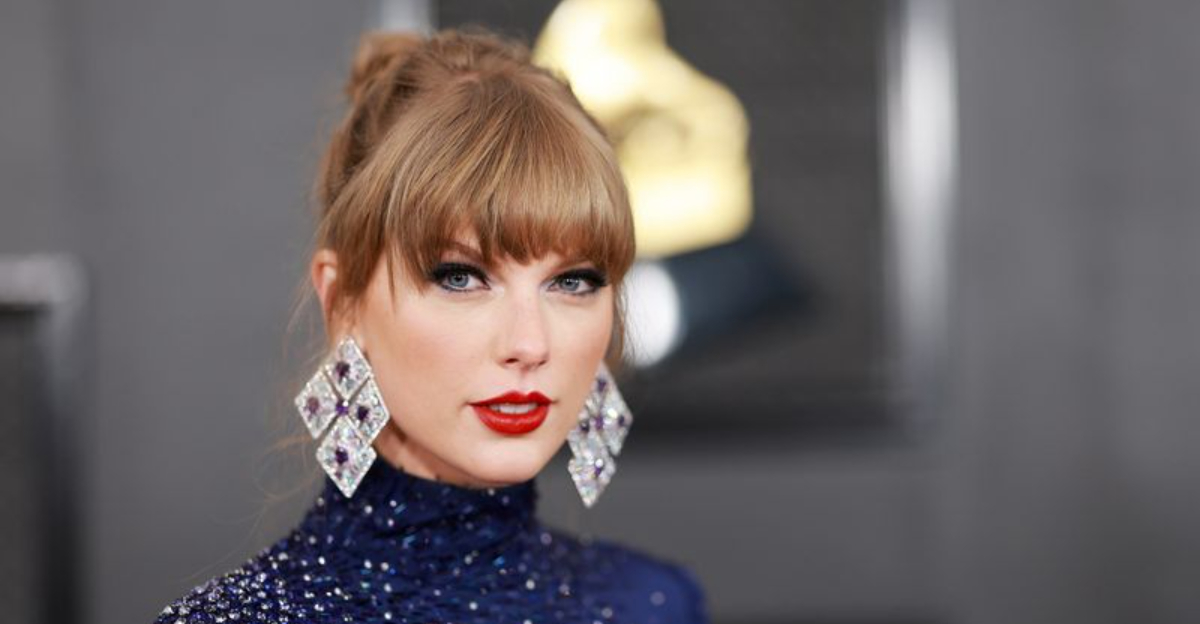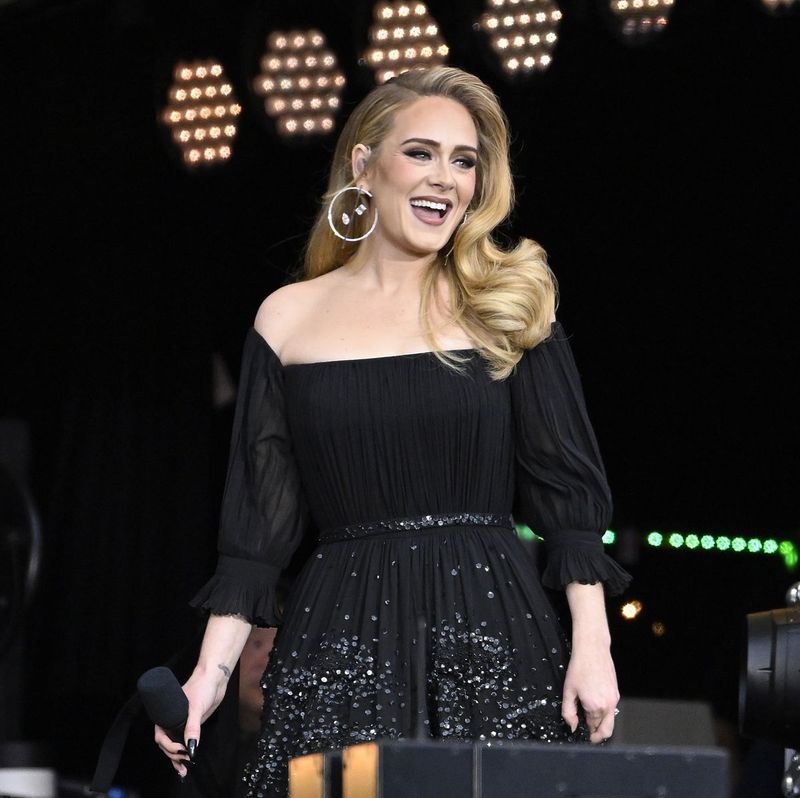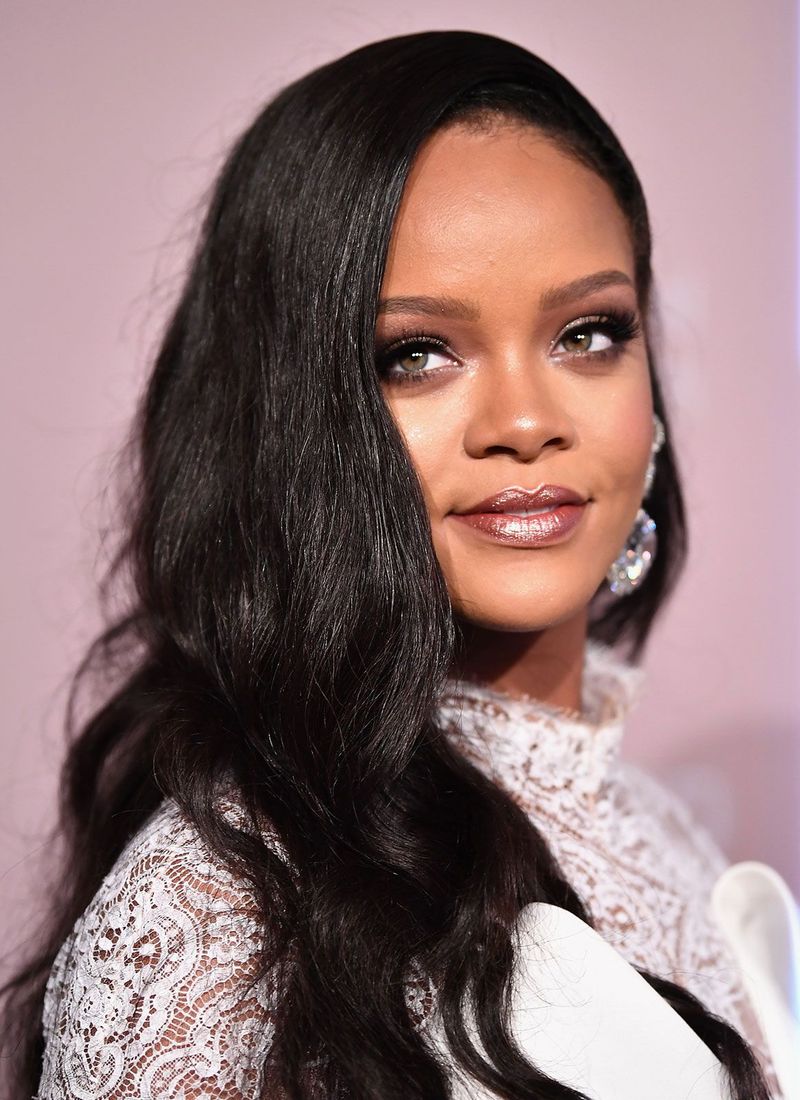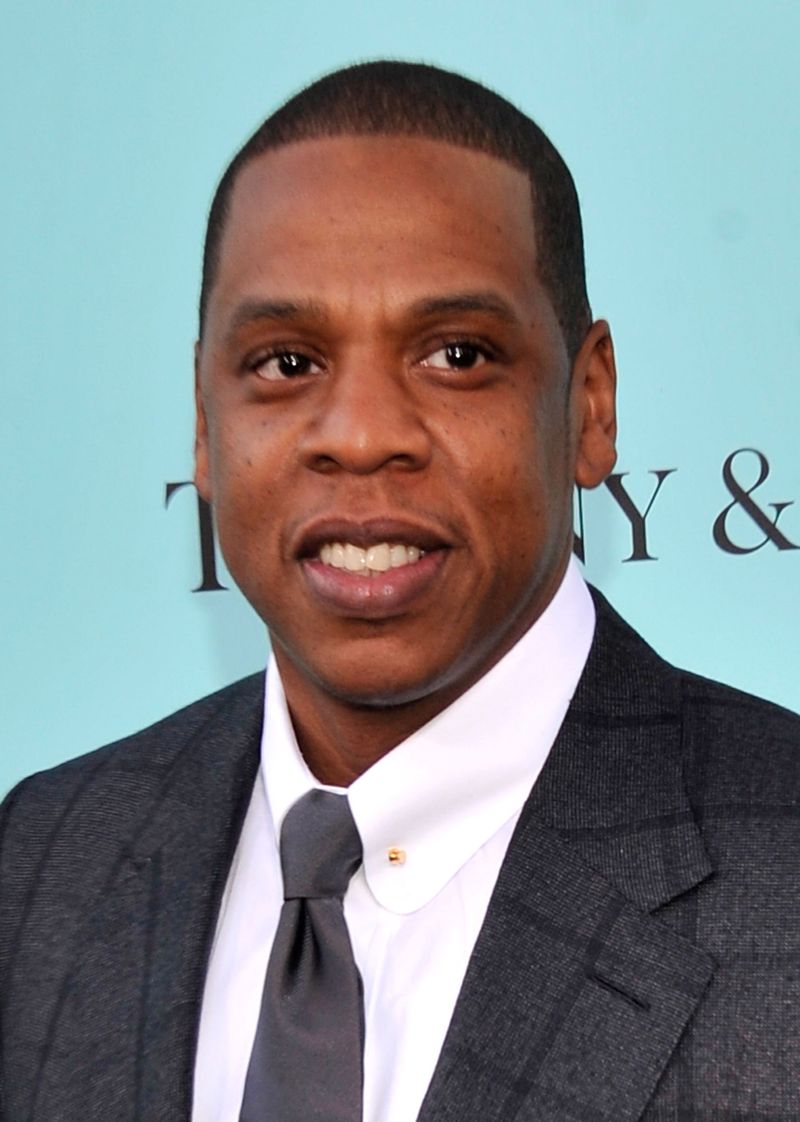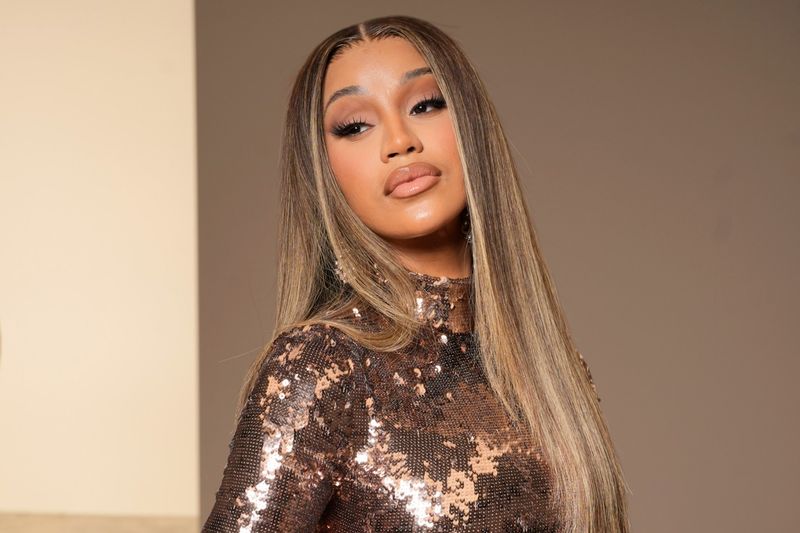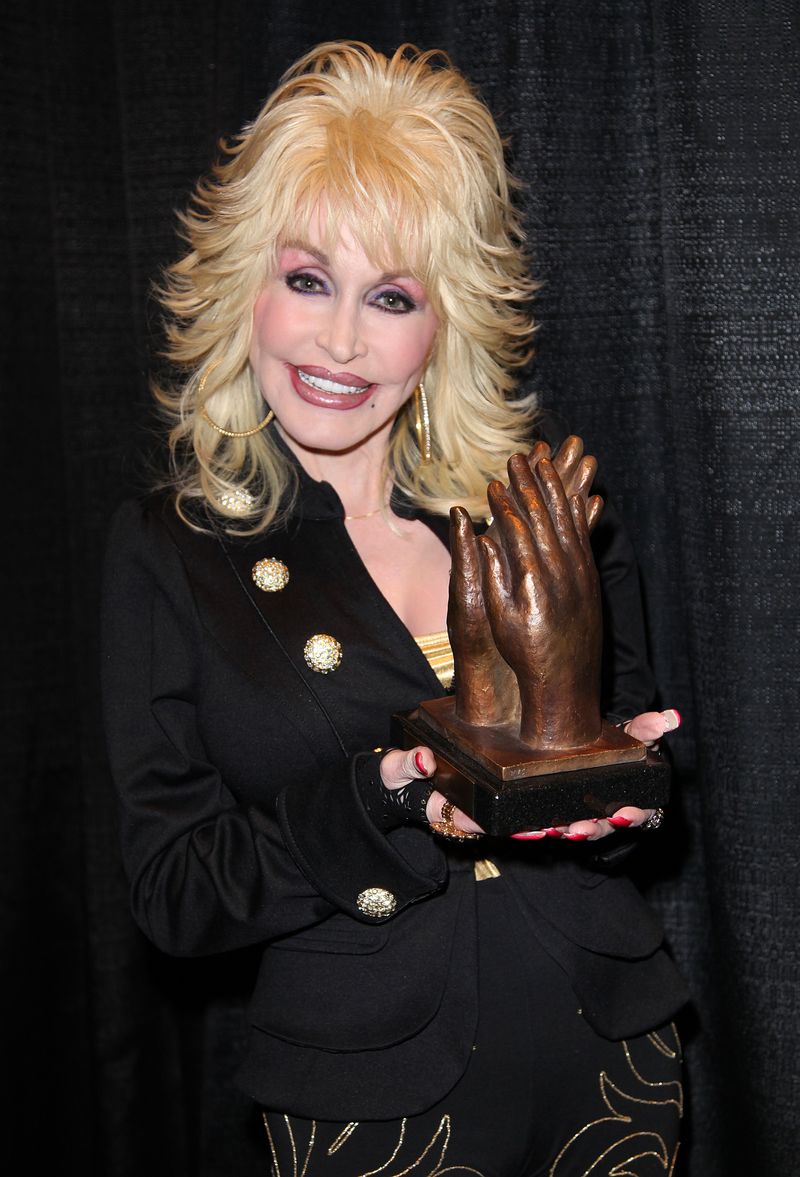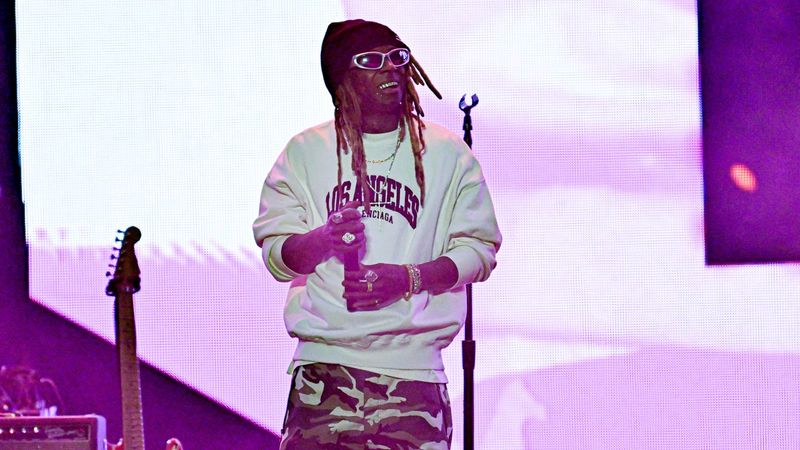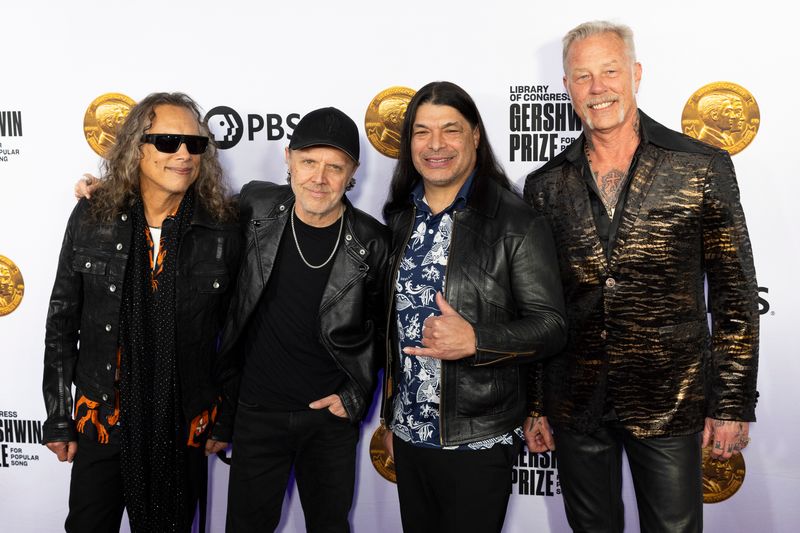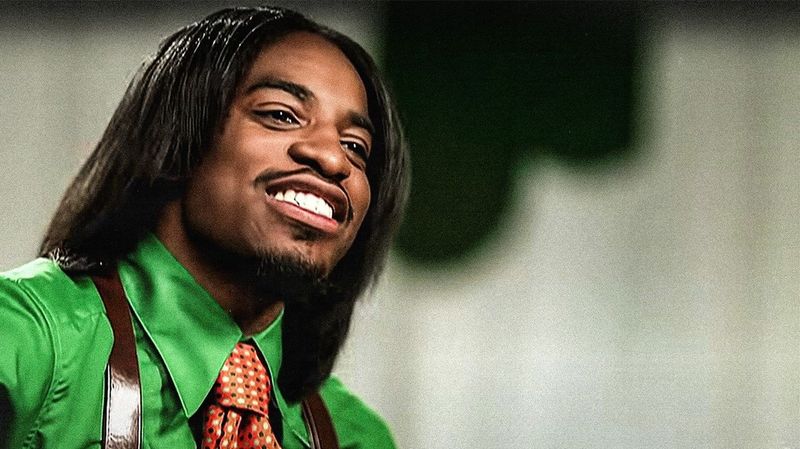The Super Bowl halftime show is one of the most coveted performance spots in the music industry, drawing millions of viewers worldwide.
However, not every superstar is eager to take the stage. Let’s explore ten major artists who have declined this prestigious opportunity and delve into their surprising reasons for saying no.
1. Adele
In 2017, Adele was offered the chance to perform at the Super Bowl halftime show. Although this might seem like a dream gig for many, Adele declined. Despite acknowledging the honor, she didn’t feel the event was truly about music.
She candidly admitted that dancing wasn’t her forte, and the show demanded more than just vocal talent.
Adele’s decision illustrates her dedication to authenticity and staying true to her artistic values. Instead of succumbing to the allure of massive exposure, she chose to maintain her creative integrity and focus on her strengths as a vocalist.
2. Rihanna
In 2019, Rihanna famously turned down the Super Bowl halftime show. Her decision stemmed from her support for Colin Kaepernick, the former NFL player known for his protest against police brutality.
By kneeling during the national anthem, Kaepernick sparked a nationwide conversation. Rihanna’s refusal to perform was a statement of solidarity with his cause. She prioritized her principles over the lucrative opportunity, proving that some things are more important than fame or exposure.
Rihanna’s stance highlighted her commitment to social justice and using her platform to stand up for what she believes in.
3. Jay-Z
Jay-Z’s decision to decline the Super Bowl halftime show was driven by creative differences. When asked to perform, he was also expected to include Kanye West and Rihanna in his act. Jay-Z felt this approach was not authentic to his vision.
Rather than compromise, he chose to walk away. His choice emphasized the importance of creative control and artistic authenticity. Jay-Z’s refusal wasn’t just about the lineup; it was about ensuring his performance aligned with his brand.
By turning down the offer, he maintained his reputation for quality and dedication to genuine artistry.
4. Taylor Swift
Taylor Swift has reportedly declined multiple offers to perform at the Super Bowl halftime show. Instead of taking the global stage, she chose to focus on re-recording her earlier albums.
This project was not just about music; it was a powerful statement about artistic ownership. Taylor’s decision showcases her dedication to reclaiming her work and ensuring her artistic legacy remains intact.
By prioritizing her long-term goals over immediate exposure, Taylor demonstrated a strategic approach to her career. Her choice underscores the importance of controlling one’s narrative and the power of perseverance.
5. Pink
Pink decided not to perform at the 2019 Super Bowl halftime show. Her refusal was grounded in the controversy surrounding the event and the backlash artists often face. Supporting Colin Kaepernick, Pink took a stand for what she believed in, even if it meant missing out on a significant opportunity.
Her decision was not just a personal stance; it was a message to the industry about respecting artists’ values. Pink’s choice highlighted her courage and commitment to speaking out. By aligning with her beliefs, she set an example for others to prioritize integrity over fame.
6. Cardi B
In 2019, Cardi B also declined the Super Bowl halftime show, aligning herself with Colin Kaepernick’s cause. Her decision was not just about social justice; it was a sacrifice of significant financial gain.
By opting out, Cardi B demonstrated that certain principles are worth more than monetary compensation. Her stance was a powerful reminder of the impact that artists can have beyond their music.
Cardi B’s choice solidified her position as not only a performer but a voice for change. Her refusal underscored the importance of standing by one’s convictions regardless of lucrative prospects.
7. Dolly Parton
Dolly Parton is known for her music and philanthropy, but even she has turned down the Super Bowl halftime show. Her reasons were practical, involving scheduling conflicts and concerns about the scale of the production.
Despite the allure of performing at such an event, Dolly chose to prioritize her existing commitments. Her decision speaks to the importance of knowing one’s limits and the value of balancing opportunities.
Dolly Parton’s thoughtful approach to her career decisions highlights the wisdom gained from years in the industry. Her choice reiterates that sometimes, timing is everything.
8. Lil Wayne
In 2025, Lil Wayne expressed his disappointment at not being selected for the Super Bowl halftime show in New Orleans, his hometown. The decision left him feeling broken, as performing there would have been a personal milestone.
This highlights the emotional connection artists have with their cities and the significance of such opportunities. Although not a refusal, his experience underscores the importance of recognition and the impact of being overlooked.
Lil Wayne’s candid sharing of his feelings resonates with many who have faced similar disappointments, emphasizing the human side of artists.
9. Metallica
Metallica, the legendary heavy metal band, has consistently declined offers to perform at the Super Bowl halftime show. Their reasoning stems from a belief that their music and performance style do not align with the event’s traditional pop-oriented audience.
Metallica’s decision underscores the importance of staying true to one’s identity and the understanding that not every opportunity is the right fit. By refusing the halftime show, they maintained their commitment to their genre and fanbase.
Metallica’s choice highlights the respect they have for their art and the fidelity to their roots.
10. André 3000
André 3000, one half of the iconic duo Outkast, declined the Super Bowl halftime show due to creative constraints. He was not willing to shorten their songs to fit the limited performance time.
His decision reflects a dedication to artistic expression and the desire to present their work in its true form. André 3000’s stance highlights the challenges artists face in balancing creative integrity with high-profile opportunities.
By opting out, he demonstrated that quality should not be compromised for exposure. His choice resonates with artists who prioritize their craft over commercial interests.
